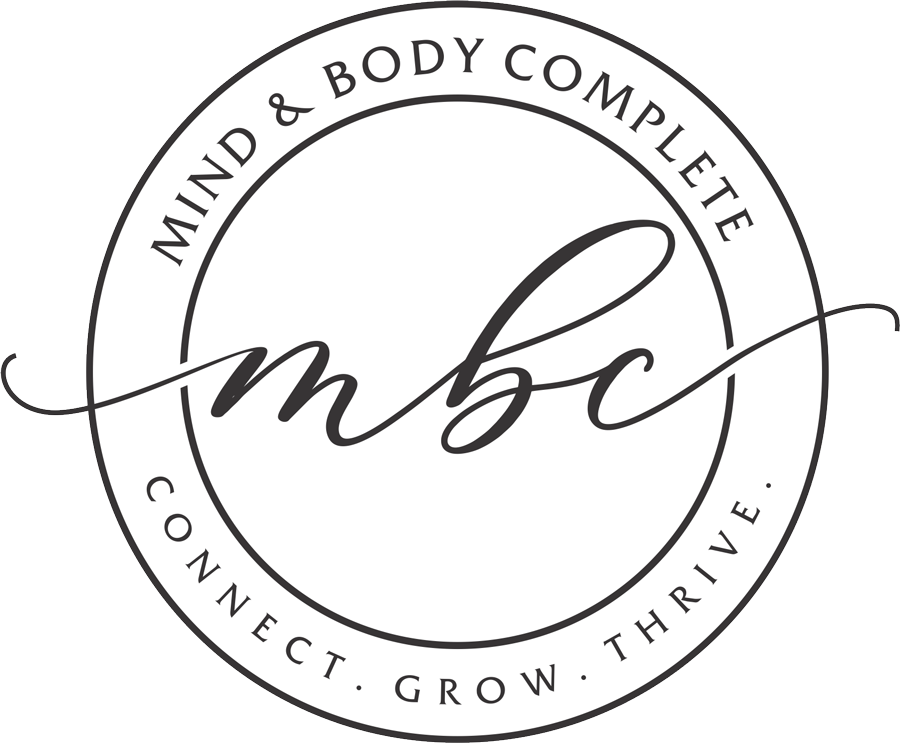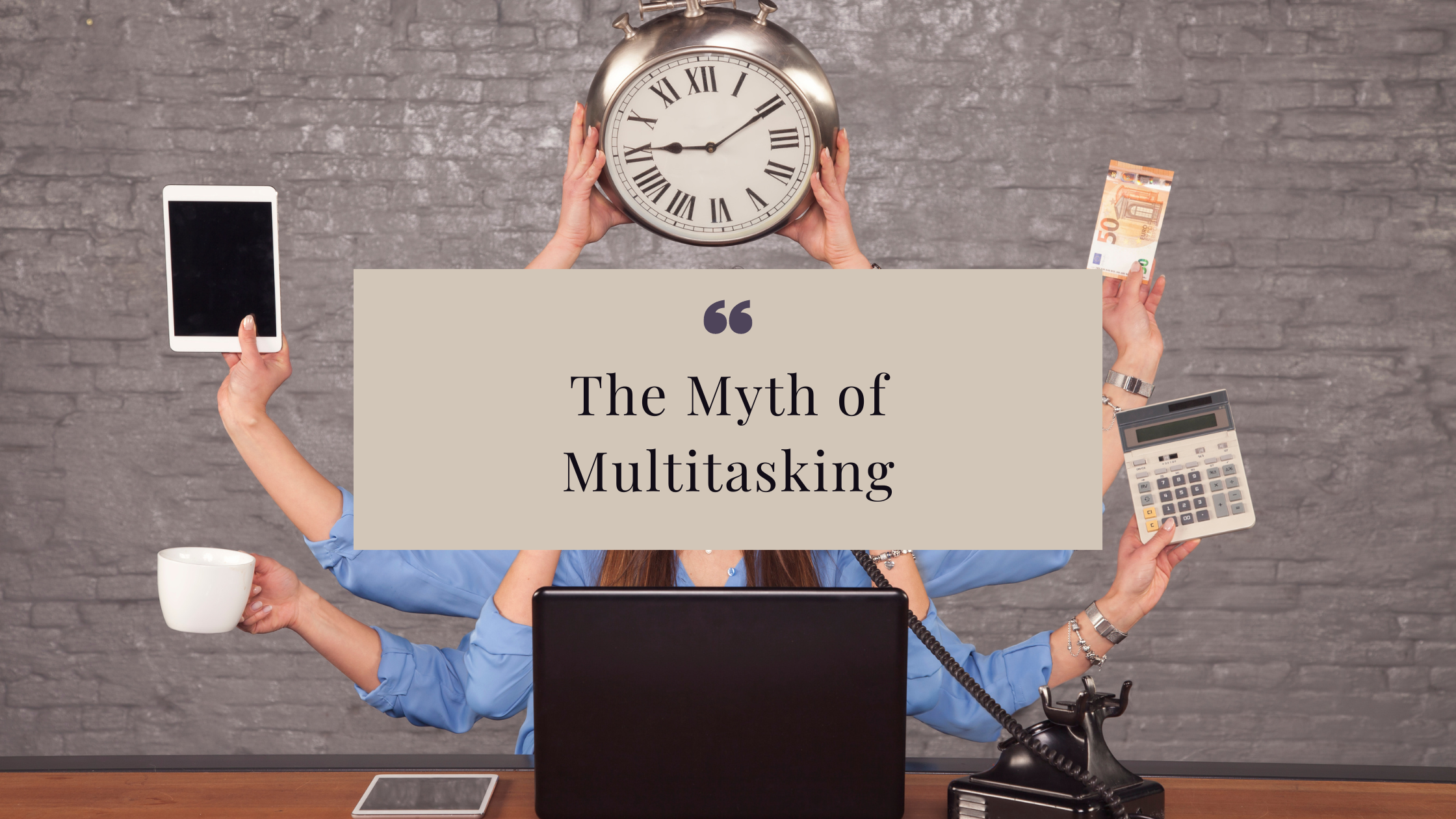In today’s fast-paced world, the ability to juggle multiple tasks simultaneously is often celebrated as a valuable skill. However, the notion that multitasking enhances productivity is a pervasive myth. In reality, dividing our attention across several tasks typically leads to diluted focus, which in turn yields diluted results (this is also applicable in business overall..more on this in the future). This article explores the impact of multitasking on productivity, the benefits of focused attention, and strategies to enhance concentration and achieve better outcomes.
The Myth of Multitasking
Multitasking might appear to be an efficient use of time, but research consistently shows that it can significantly hamper productivity and decrease the quality of work. When we switch from one task to another, the brain incurs what are known as “switching costs.” These are small time fragments lost during the transition, which can accumulate to a substantial amount of wasted time.
Moreover, multitasking can increase the likelihood of errors. A study found that multitasking can increase mistakes by as much as 40%, as it often leads to rushed or incomplete understanding of tasks. Additionally, multitasking can lower the quality of work and lead to stress and burnout, as it requires constant shifting of focus, which is mentally exhausting.
Cognitive Costs of Divided Attention
The human brain is not wired to handle multiple complex tasks at the same time. Cognitive psychology suggests that what is often perceived as multitasking is actually task-switching. This constant shifting of attention not only slows us down but also depletes cognitive resources, leading to quicker mental fatigue.
Multitasking impairs our cognitive abilities in several ways:
- Reduced comprehension and retention: When attention is divided, less information is absorbed and retained.
- Increased distractibility: Regular multitaskers often find it harder to filter out irrelevant information, making them more susceptible to distractions.
- Decreased mental agility: Frequent switching between tasks can lead to mental blocks, which reduce the brain’s efficiency and agility.
The Power of Focused Attention
Conversely, focusing on a single task at a time can significantly enhance the quality and efficiency of work. Focused attention allows for deeper engagement with the task at hand, fostering better problem-solving and creativity. Studies have shown that individuals who engage in deep work without distractions produce higher quality results and are more satisfied with their work.
Furthermore, focused attention is less taxing on the brain, which can lead to increased stamina and less mental fatigue over time. This not only improves productivity but also enhances overall well-being.
Strategies for Enhancing Focus
To combat the pitfalls of multitasking and embrace the benefits of focused attention, consider implementing the following strategies:
1. Prioritize Tasks: Identify the most important tasks and allocate dedicated time to focus on each one individually. Use prioritization techniques like the Eisenhower Box or the Pareto Principle to determine which tasks will have the most significant impact.
2. Time Blocking: Schedule specific blocks of time for focused work. During these periods, avoid all non-essential interruptions and distractions.
3. Set Clear Boundaries: Communicate with colleagues and set expectations about your availability. Use tools like “Do Not Disturb” modes on digital devices to minimize interruptions.
4. Create a Conducive Environment: Organize your workspace to reduce clutter and distractions. Consider using noise-canceling headphones or white noise to block out distracting sounds.
5. Take Regular Breaks: Short breaks can help reset your focus and prevent burnout. Techniques like the Pomodoro Technique, where work is broken down into intervals separated by short breaks, can be particularly effective.
6. Mindfulness and Meditation: Regular practice can improve your ability to concentrate and stay present in the moment. Mindfulness exercises can also reduce stress, which is often a byproduct of multitasking.
In conclusion, while multitasking might seem necessary or effective in the short term, its long-term effects on productivity and mental health are detrimental. By fostering a culture of focused attention and implementing strategies to minimize distractions, individuals and organizations can improve both the quality and efficiency of their work, leading to better outcomes and greater overall satisfaction.







